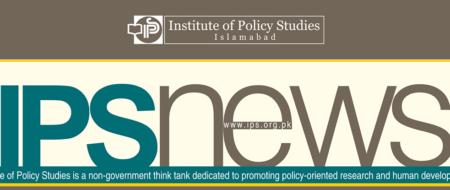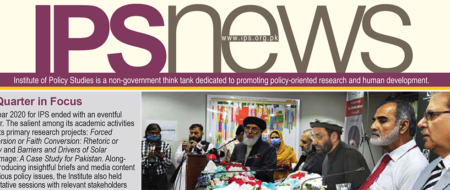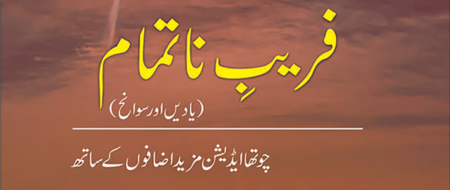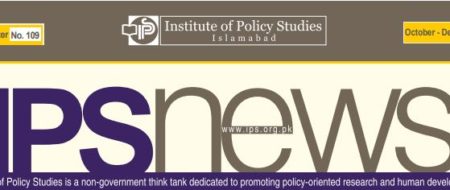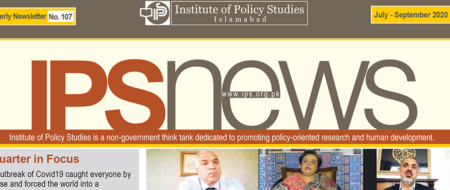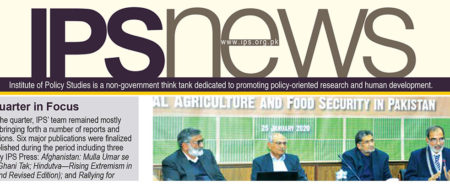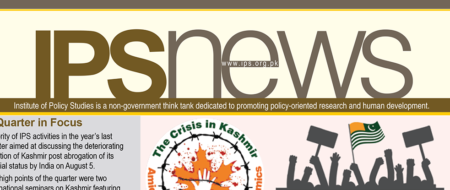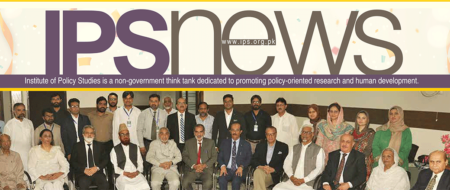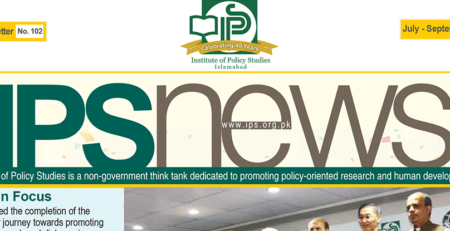Aaj ka Maghrib aur Muslim Dunya
The major writings in the book shed light on the situation of Islam and Muslims in the West, Western school of thought, policies and measures for the Islamic world, and their consequent outcomes.
Khalid Rahman, Muttaqin-ur-Rehman
Editor: Khalid Rahman, Muttaqin-ur-Rehman
Binding: Paperback
ISBN: 978-969-448-122-7
Year: 2014
Pages: 298
Price: PKR600
Contents
ABOUT THE BOOK
After the dissolution of Soviet Union, the powerful warrior did not rest quietly, instead artificially identified a new adversary and started practicing its guns upon. This new found enemy ‘Islam’ was not a geographical identity but the name of a global ideology, culture and a way of life, which in the former’s opinion, not only challenged its own ideology, culture and approach towards life, but also posed a threat to its worldly, political and military powers. Occupying energy resources is one of the needs, as well as the prevalent policies of powerful nations. In the given context, ever-since the end of cold war, the scope of American and Western conspiracies against Muslims has been constantly on the rise.
The major writings in the book shed light on the situation of Islam and Muslims in the West, Western school of thought, policies and measures for the Islamic world, and their consequent outcomes. In these writings, several scholars and intellectuals have carefully analyzed the all-important topics like the challenges faced by Islam and Muslims in response to the measures taken by Western powers, the attempts being made to cater these challenges, the behaviors of Western countries, especially the biggest super power America, against Islam and Muslims, the policies and strategies of America and its alliances for the Muslim world, the responsive behaviors and strategies adopted by various Muslim circles and identification of the correct course among them, and the likely role of Islam and Muslims on the Western world in near future and its probable impact on the Western society.
AUTHORS
Prof. Khurshid Ahmad, chairman, Institute of Policy Studies, Islamabad and former senator, Dr. Shireen Mazari, member National Assembly and former director general, Institute of Strategic Studies, Islamabad, David Belt, National Defence Intelligence College, Washington D.C, U.S.A, Prof. Dr. Mumtaz Ahmad, vice president (academic), International Islamic University, Islamabad and former professor of politics, Hampton University, U.S.A, Dr. Zahid Bukhari, executive director, Center for Islamic and Public Policy (CIPP), Washington D.C, U.S.A, Dr. Robert W. Jensen, associate professor, School of Journalism, University of Texas, Austin, U.S.A, M. Akram Zaki, former ambassador, former secretary general, Ministry of Foreign Affairs, Govt. of Pakistan, Dr. Kemal Argon, Hartford Seminary, U.S.A, Khalid Rahman, director general, Institute of Policy Studies, Islamabad, Prof. As’ad AbuKhalil, professor of political science, Dept. of Political and Public Administration, California State University, U.S.A, Prof. Farid Esack, professor of Islamic Studies, Harvard Divinity School, Cambridge, Massachusetts, U.S.A.




